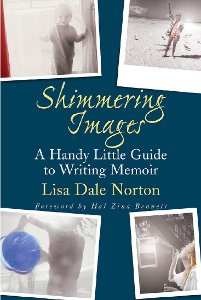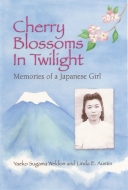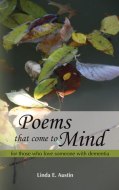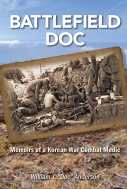I fixed a variation of “Friendship Stew” the other day for a friend, to encourage her to eat. She’s thin as it is and now struggling with a serious health issue. This “stew” is like a meat and vegetable soup, but thickened by smashing some of the potatoes and peas. It comes from my husband’s family, when in the past the menfolk would gather at the small community center to make a huge vat of this to share among their rural families. They threw in beef and chicken together with vegetables they raised, cooking and stirring half the day. My mother-in-law canned jars of it and let us take some home. I loved this stuff and it is great food for the sick, also gluten free. I made some for a friend whose dad had terminal cancer and had little appetite, and he loved it. This stew freezes well, too, so I’ve frozen 2-cup servings to give to my friend who doesn’t eat much at a time.
I’m glad we have my mother- and father-in-law’s stories of growing up in the country, starting in the 1930’s. That kind of old rural lifestyle doesn’t exist here anymore and is such interesting history. My mom-in-law’s memoir includes some of her recipes like this Friendship Stew. She is known for her good cooking. I hope she makes boiled custard and coconut cake like she usually does when we visit around Christmas time. I bring her my family-traditional eggnog butter cookies, which she loves. I hope you are saving your family recipes – and the stories!
Friendship Stew (downsized, adapted, chicken only)
Chicken pieces (2 thighs or 1 breast)
1 onion, chopped
Carrots, sliced
1 large russet potato, peeled and cut into chunks
Butter beans (baby limas) or green peas
Corn
Canned tomatoes (optional)
Broth
In a 2-quart pot, simmer the chicken in water, with pieces of onion and some celery leaves, until the meat is done, then cool and shred. Strain the broth and pour it back in the pot. Simmer the onion and carrots in a skillet with a little of the broth, just to soften, then add to the pot. Add butter beans, if using, and the potatoes. Add more broth (chicken or vegetable) to about 2/3’s of the pan. Simmer until the vegetables are well done. Add the peas, if using, the corn and a can of tomatoes (optional), and meat. Continue simmering until well cooked. Smash some of the potatoes and peas against the side of the pan to thicken the soup. Cook uncovered to reduce water—the mixture should not be too soupy.






